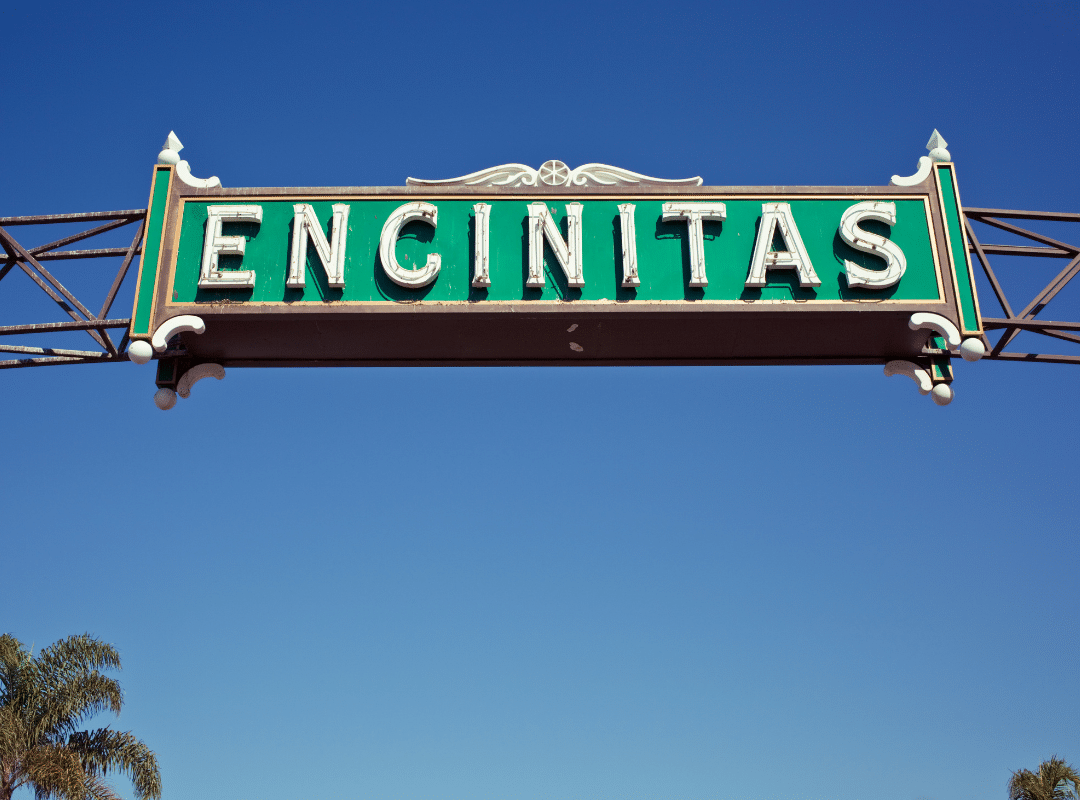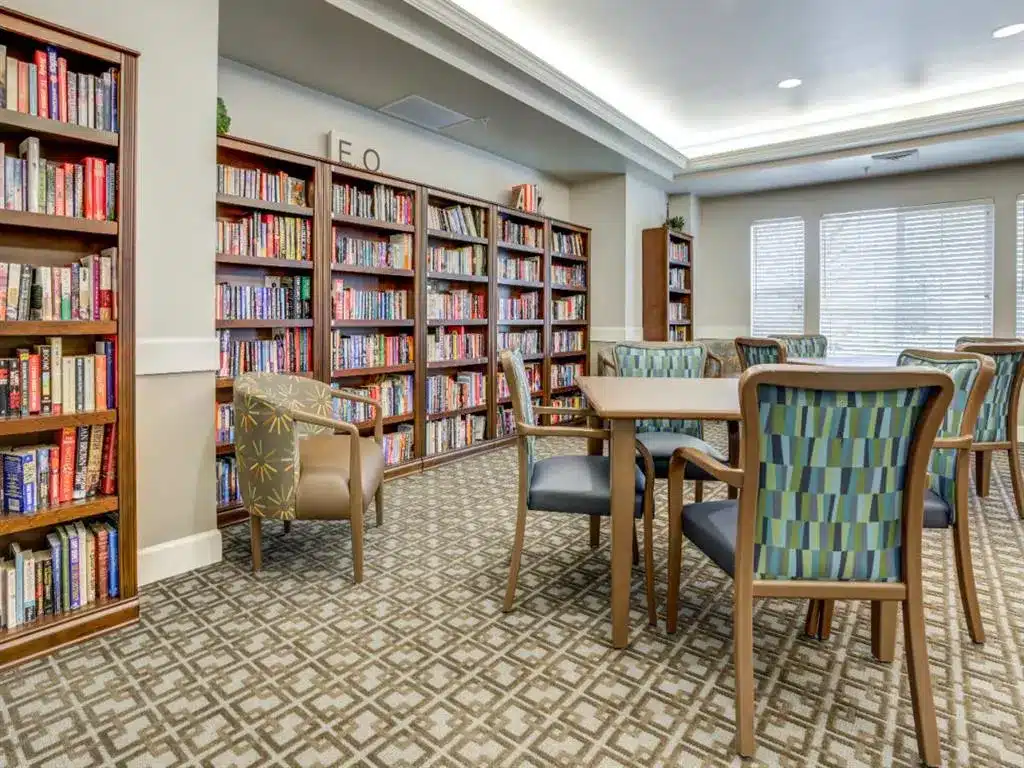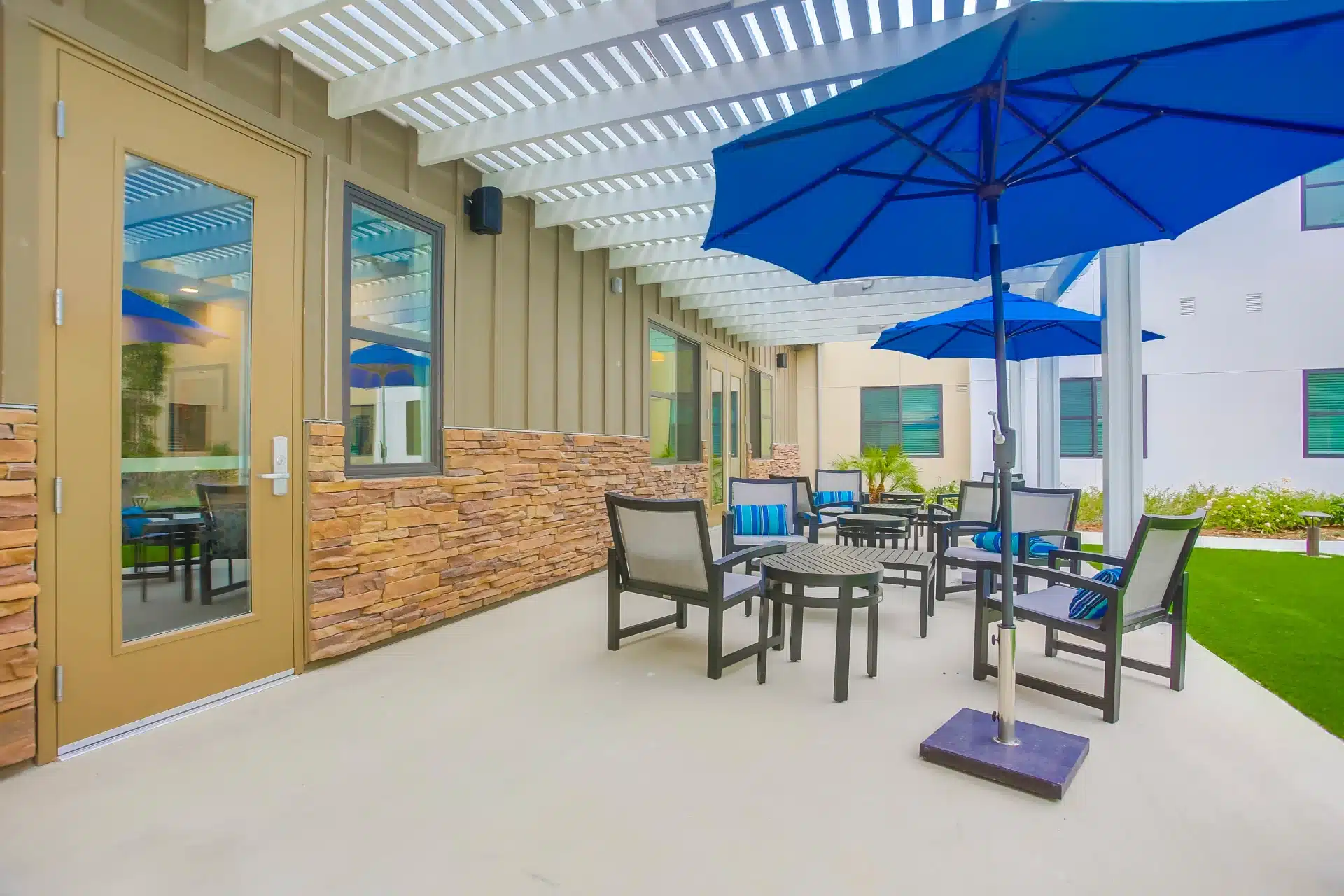
Things to Do in Riverside, CA, Today, Seniors Will Enjoy
Looking for things to do in Riverside, CA, today that are fun, relaxing, and meaningful? Riverside offers a perfect mix of history, culture, food, and
Gain expert insights and practical tips to help seniors and their families navigate senior living with confidence.
Category: senior care

Looking for things to do in Riverside, CA, today that are fun, relaxing, and meaningful? Riverside offers a perfect mix of history, culture, food, and

Exploring Encinitas, CA, things to do is one of the best ways for seniors and their loved ones to stay active, social, and fulfilled. Whether

As we grow older, our ears change more than we realize. For many seniors, shifts in age and hearing frequency happen slowly—so slowly that the

San Luis Obispo is one of California’s most charming destinations—especially for seniors seeking meaningful, relaxing, and enriching activities. Whether exploring nature, discovering culture, or savoring

Senior living should feel exciting, supportive, and full of possibilities. At Westmont of Chico, a senior living community in Chico, CA, we design our spaces

Choosing where to spend your retirement years is a big decision, and finding the right environment makes all the difference. The best retirement homes in

Proper nutrition for older adults is one of the most influential factors in maintaining long-term health, mobility, and quality of life. As the body changes

A safe home environment plays a significant role in preventing falls among seniors. For families and caregivers looking to build stronger safety strategies, understanding the

If you or your loved one is seeking peace of mind, independence, and compassionate care, exploring assisted living communities in Encinitas can be the solution

Are you ready to enjoy retirement on your terms—full of vitality, connection, and independence? Active adult California communities like Westmont Village Homes provide a solution
Discover the level of care you or your family member requires.
Popular Blogs





Find out if you or your loved one’s current lifestyle is best suited for long, healthy aging.
Each of our communities across California and Oregon offers a unique blend of activities, connection, and wellness.
Embrace a lifestyle where your interests and independence are celebrated every day.
9000 Murray Drive La Mesa, CA 91942
Luxury redefined in a resort-style setting, tailored for dynamic senior living experiences.
190 Via Jero, Goleta, CA 93117
Where warmth meets care, curating an inviting senior living experience.
17050 Arnold Drive Riverside, CA 92518
A harmonious blend of belonging, independence, and enriching senior lifestyles.
All Rights Reserved. Powered by ConversionFormula.
Pick a Westmont community to explore and schedule your personal walkthrough!
Make yourself at home where a happy, healthy lifestyle goes hand-in-hand with your personal fulfillment, enrichment, and growth.
Answer a few quick questions to unlock the exciting future senior living can offer!